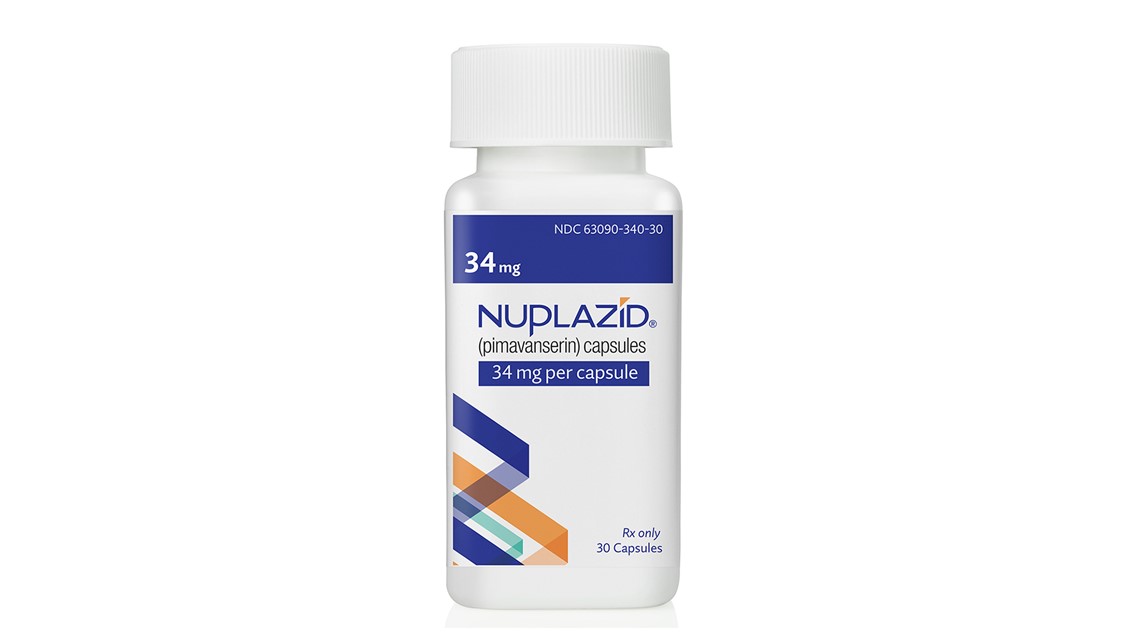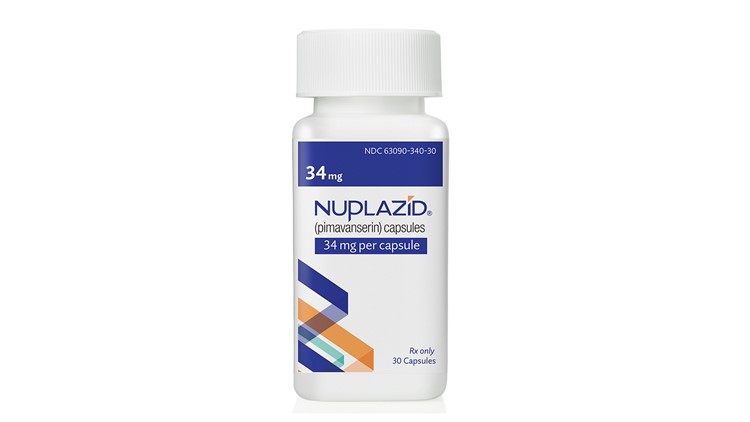A drug that curbs delusions in Parkinson's patients did the same for people with Alzheimer's and other forms of dementia. That's the result of a study in which the benefit was so clear, the trial was stopped early.
If regulators agree, the drug -- pimavanserin -- could become the first new medicine for Alzheimer's in nearly two decades. It's sold under the brand name Nuplazid by Acadia Pharmaceuticals Inc.
About 8 million Americans have dementia, and up to 30% develop psychosis. The Associated Press reports pimavanserin targets the hallucinations which often lead to anxiety, aggression, and physical and verbal abuse. The drug blocks a brain chemical that spurs delusions.


“The results presented today are an important advance for patients and caregivers who struggle with the burden of dementia-related psychosis where no FDA-approved treatment is currently available,” said Dr. Jeffrey Cummings of the Cleveland Clinic Lou Ruvo Center for Brain Health in a statement. “Reducing the risk of relapse of psychotic symptoms by this magnitude is an important and meaningful outcome as these are serious events which could lead to poor patient outcomes and a significant increase in caregiver burden and distress.”
The double-blind study included 400 people. An independent monitor reportedly ended the study early after seeing that those on placebos were twice as likely to relapse or get worse than those on pimavanserin.
The most common side effects were reportedly headaches and urinary tract infections. Side effects affected 5% of those in the study who took the drug.
Two deaths reportedly occurred during the study, but neither was related to the drug.
The Food and Drug Administration must still give approval.
The biggest obstacle for dementia patients could be $3,000 per month price tag before insurance.


